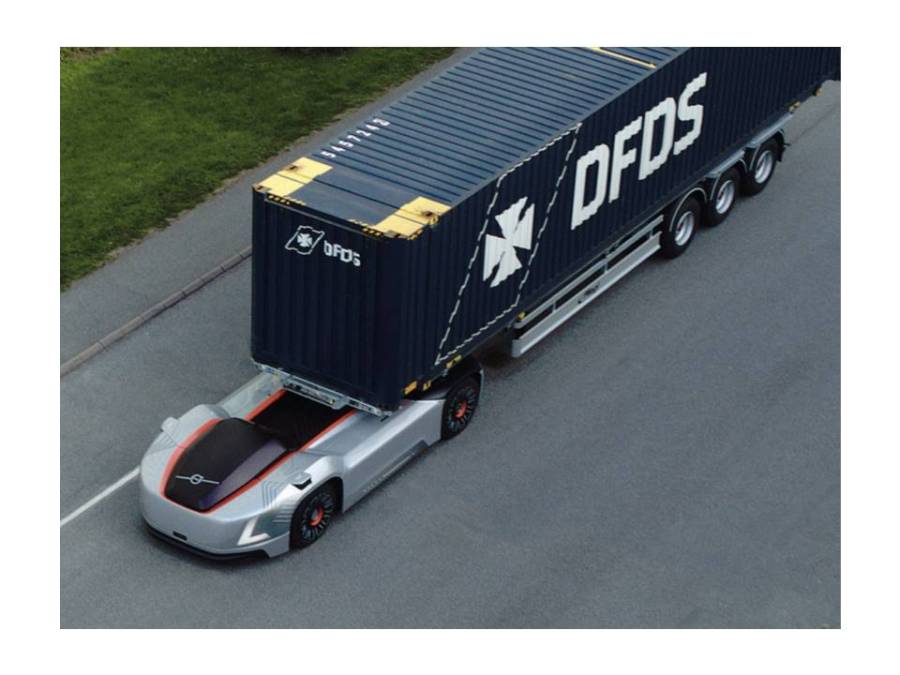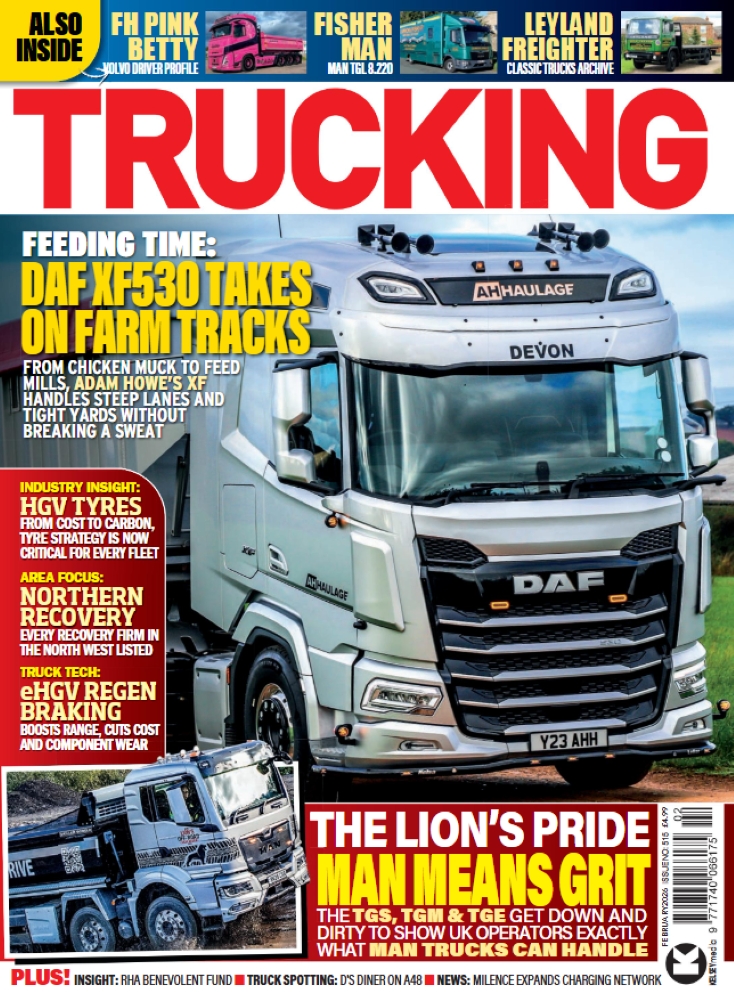Volvo has announced its VERA electric, connected and autonomous vehicle will form part of an integrated solution to transport goods from a logistics centre to a port terminal in Gothenburg, Sweden.
The assignment is a result of a new collaboration between Volvo Trucks and DFDS, the Danish- based ferry and logistics company.
The purpose of the collaboration is to implement VERA in a real application, enabling a connected system for a continuous flow of goods from a DFDS’ logistics centre to a port terminal, for distribution across the world.
Volvo presented its first electric, connected and autonomous vehicle designed for repetitive assignments in logistics centres, factories and ports in 2018.
VERA is suited for short distances, transporting large volumes of goods with “high precision”.
“Now we have the opportunity to implement VERA in an ideal setting and further develop her potential for other similar operations,” said Mikael Karlsson, Volvo’s VP, autonomous solutions.
The aim, said the manufacturer, is to implement a connected system consisting of several VERA vehicles monitored by a control room.
The purpose is to enable a seamless and constant flow responsive to demands on greater efficiency, flexibility and sustainability.
The collaboration with DFDS is a first step towards implementing Vera in a real transport assignment on pre-defined public roads in an industrial area, Volvo said.
Torben Carlsen, CEO of DFDS, added: “We want to be at the forefront of connected, autonomous transportation.”
“This collaboration will help us develop an efficient, flexible and sustainable long-term solution for receiving autonomous vehicles arriving at our gates, benefitting our customers, the environment and our business.””
VERA will be further developed in terms of technology, operations management and infrastructure adaptations before it can be fully operational.
“Autonomous transport with low noise levels and zero exhaust emissions have an important role to play in the future of logistics, and will benefit both business and society,” Karlsson said.
“We see this collaboration as an important start and want to drive progress in this area.”
“VERA may have a speed limit, but we don’t. Testing has already started and we intend to implement the solution within the coming years,” he concluded.






